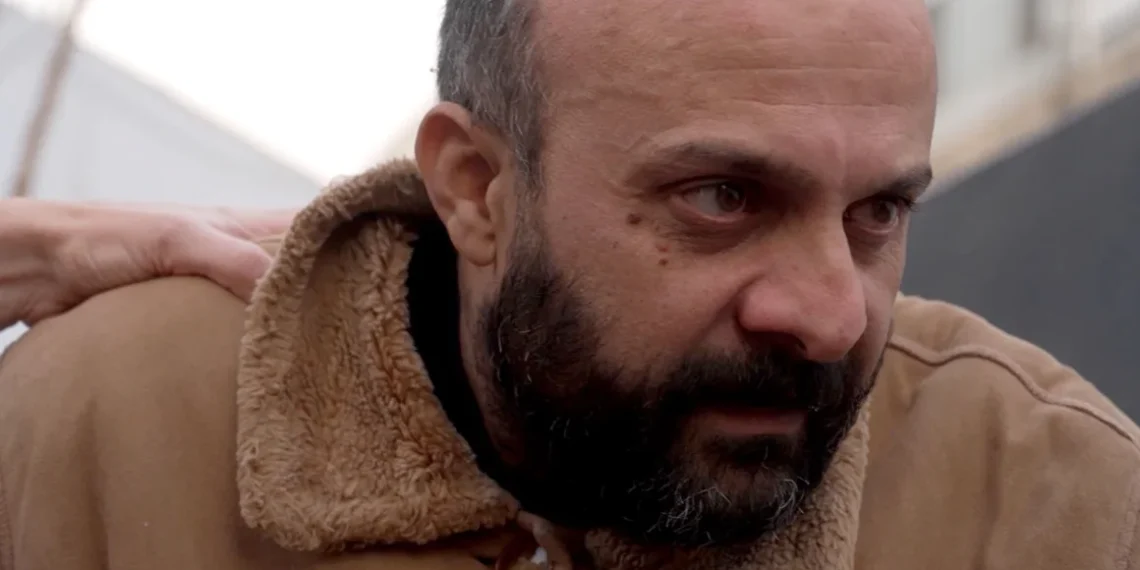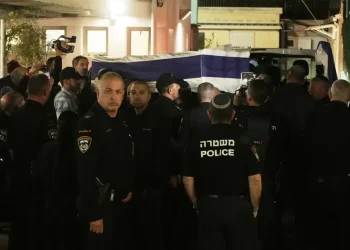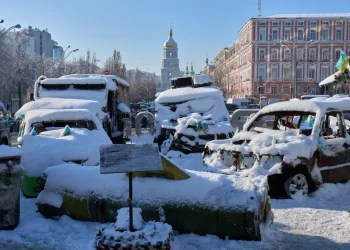Freed Prisoner Exposed as Former Assad Regime Intelligence Officer, Locals Claim
A man filmed by CNN being freed from a Damascus prison by rebel forces has been identified by local residents as a former intelligence officer under the Assad regime—not an ordinary citizen, as he initially claimed.
The Discovery of the Prisoner
CNN’s chief international correspondent, Clarissa Ward, and her team were following leads on the disappearance of U.S. journalist Austin Tice when they encountered the prisoner. The team, accompanied by a rebel guard, entered a Damascus jail that had been padlocked from the outside. After the guard broke the lock with a gun, the team found a man huddled alone under a blanket in the cell.
Appearing disoriented, the man identified himself as Adel Ghurbal, a resident of Homs in central Syria. He claimed to have been imprisoned for three months, moved between three different prisons, and seemed unaware that the Assad regime had fallen. The jail was previously under the control of the Syrian Air Force Intelligence Directorate until the regime’s collapse.
Revelations of the Man’s True Identity
However, evidence obtained later points to a starkly different reality. A photograph provided by a resident of Homs revealed the man’s actual identity as Salama Mohammad Salama, a lieutenant in Assad’s Air Force Intelligence Directorate. Facial recognition software confirmed a 99% match between the man filmed by CNN and the individual in the photograph, which shows him in military clothing at what appears to be a government office. CNN has withheld the image to protect the source’s anonymity.
Reputation and Accusations
Residents of Homs corroborated this identification, stating that Salama, also known as Abu Hamza, was notorious in the city for overseeing checkpoints run by the Air Force Intelligence Directorate. Locals accused him of engaging in widespread extortion and harassment.
While it remains unclear how Salama ended up imprisoned in Damascus, Syrian fact-checking website Verify-Sy reported that his detention stemmed from a dispute over “profit-sharing from extorted funds with a higher-ranking officer.” According to Verify-Sy, Salama had been jailed for less than a month. CNN has not independently verified this claim.
Aftermath and Unanswered Questions
Following his release, rebel forces handed Salama over to the Syrian Red Crescent. The medical relief organization later shared a photograph on social media, stating they had reunited a freed prisoner with relatives in Damascus. Salama’s current whereabouts remain unknown, and CNN has been unable to reestablish contact with him.
This revelation raises significant questions about the identities of prisoners freed during the chaos of Syria’s conflict and highlights the challenges in distinguishing between regime operatives and ordinary detainees.
This article was rewritten by JournosNews.com based on verified reporting from trusted sources. The content has been independently reviewed, fact-checked, and edited for accuracy, neutrality, tone, and global readability in accordance with Google News and AdSense standards.
All opinions, quotes, or statements from contributors, experts, or sourced organizations do not necessarily reflect the views of JournosNews.com. JournosNews.com maintains full editorial independence from any external funders, sponsors, or organizations.
Stay informed with JournosNews.com — your trusted source for verified global reporting and in-depth analysis. Follow us on Google News, BlueSky, and X for real-time updates.













